Owners of historic Rockhampton home face massive repair bill
A couple who paid $1.25 million for a 160-year-old house want to demolish it after receiving an exorbitant repair bill.
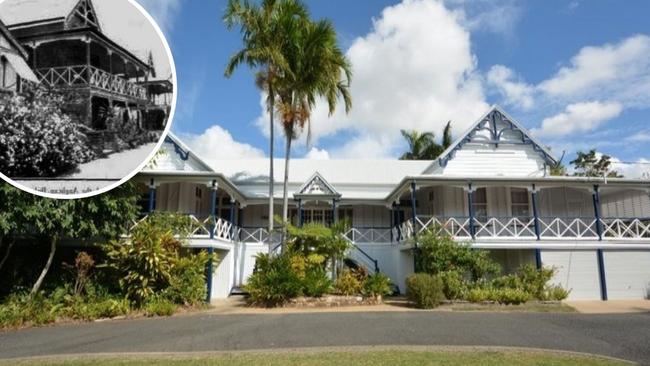
Property
Don't miss out on the headlines from Property. Followed categories will be added to My News.
A bid to demolish one of Rockhampton’s oldest homes constructed in 1864 along with its chapel has been refused by Rockhampton Regional Council.
The owners of the grand timber house, John and Susan Sparrow, paid $1.25 million for the Athelstane Street property in 2022 according to Realestate.com.au, but wanted to replace it with a new dwelling after being faced with expensive repair and ongoing maintenance costs.
Council planning officer Sophie Muggeridge outlined the case against the demolition application, explaining the house was located in the area of the city protected by the council’s Character Overlay Code.
“The existing dwelling and chapel contribute positively to the character of the surrounding urban area in Athelstane Street,” she said in her report to council on October 8.
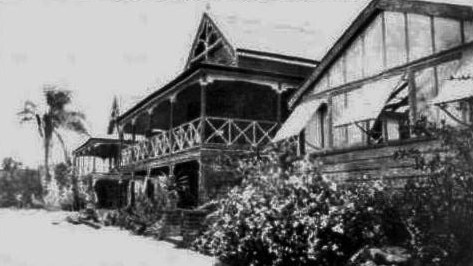
“The demolition of this dwelling (and associated structures) would significantly undermine the traditional character and amenity of the street (in the upmarket The Range suburb).”
The property, named ‘Lis Escop’, became the home of the first Bishop for the Anglican Diocese of Rockhampton, Bishop Dawes, who was elected in 1892 and was formerly the Assistant Bishop of Brisbane.
The chapel was built onto the property after 1909.
Ms Muggeridge said council recognised the importance of protecting early Queensland residential buildings, as well as the unique streetscapes found in character areas.
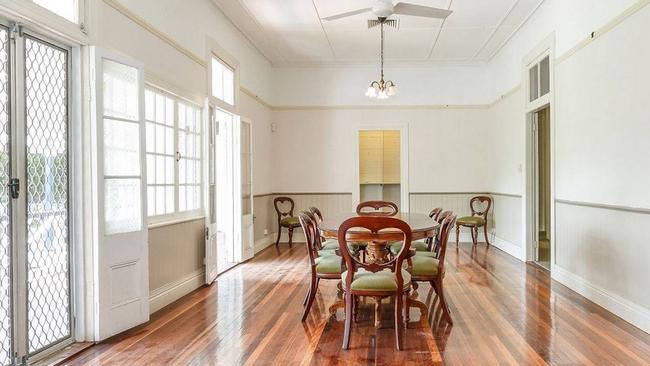
“Preserving our character areas is vital not only for maintaining our architectural heritage but also for ensuring a vibrant and cohesive community for future generations,” she said.
The Sparrow’s application to council listed estimated costs of $236,000 for minimum works (including restumping and leveling) and $590,000 for more extensive repairs for use as a residential dwelling.
However Ms Muggeridge said the proposal had not “adequately demonstrated the house was structurally unsound, and incapable of repair”.
“Whilst the report (prepared by Tapsell Consulting Engineers Pty Ltd) identifies repairable areas to improve the functionality of the house, it also states that the ‘footings and foundations are working to the original design specification and appear to be performing adequately,” she said.
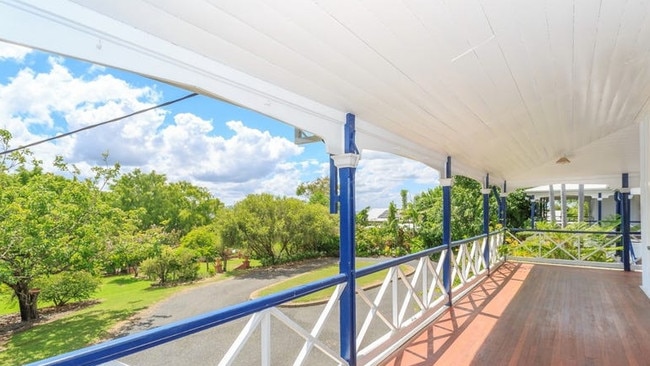
“Further to this, the reports state the “building still possesses a serviceable life” and “has maintained a level of durability as is and is functioning”.
She said the report to council indicated the defects identified were capable of repair and pointed out that while the building had been exposed to recent cyclones and other major historical weather events “it still maintains its ability to perform”.
She said it was important to note that the owners in their due diligence period before purchase had been made aware of the overlay code and the council’s position that demolition of the building would not be supported.
Councillors then voted unanimously to refuse the demolition application.
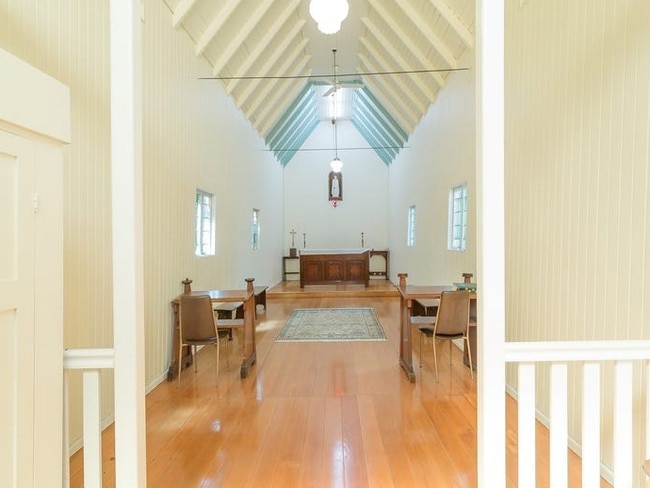
In its report, Tapsell Consulting Engineers Pty Ltd noted that the house was an “aged building that had lasted well beyond its serviceable life.”
“Servicing and maintenance of this building appear to be a continuing and ongoing activity, reacting to structural and nonstructural elements that have deteriorated with time.”
“Considerable maintenance is required for any building 160 years old. At some point the cost of continual replacement and maintenance must be checked against the demolition and rebuild new a dwelling.“




